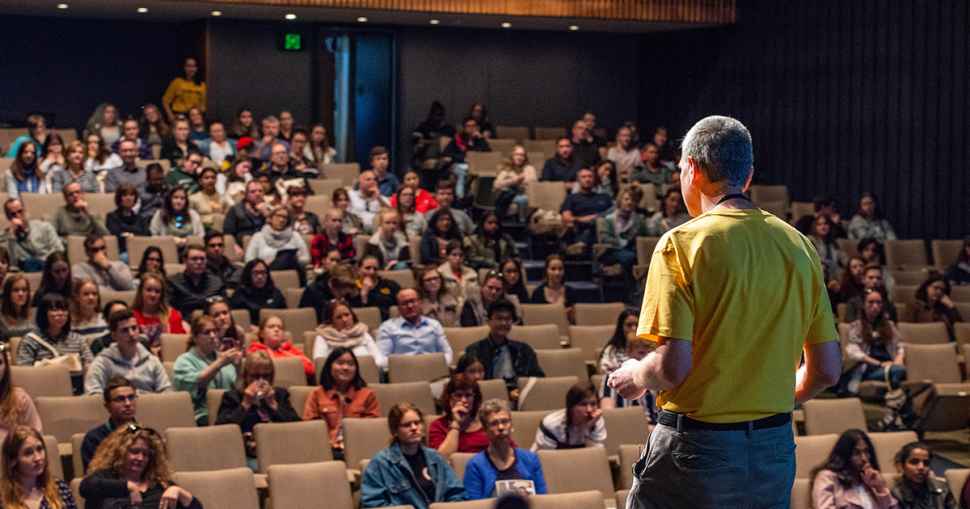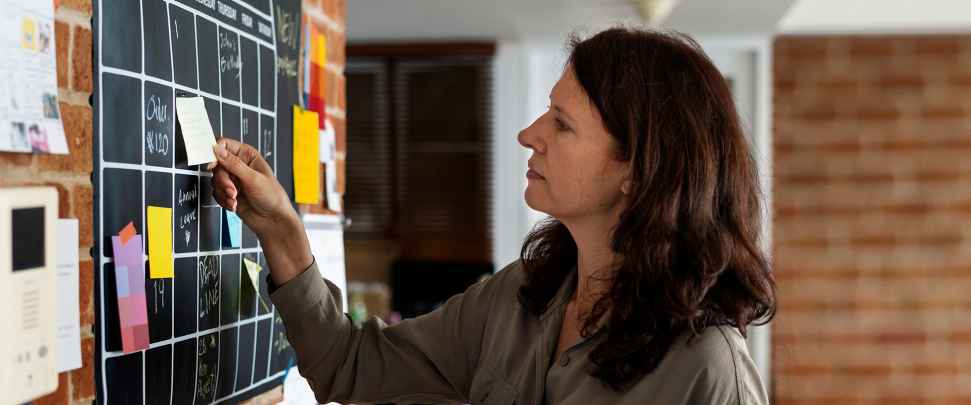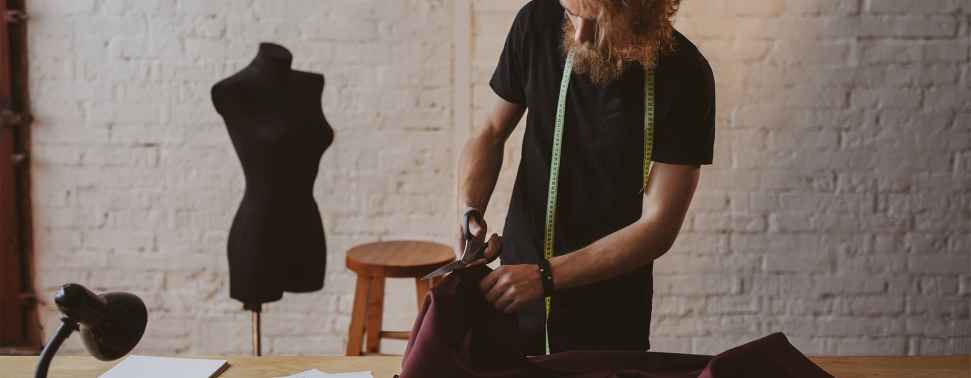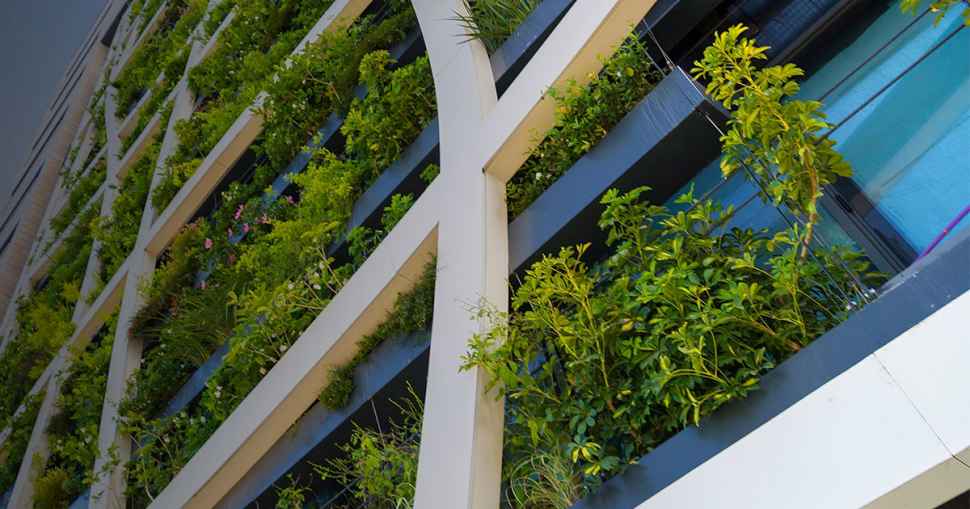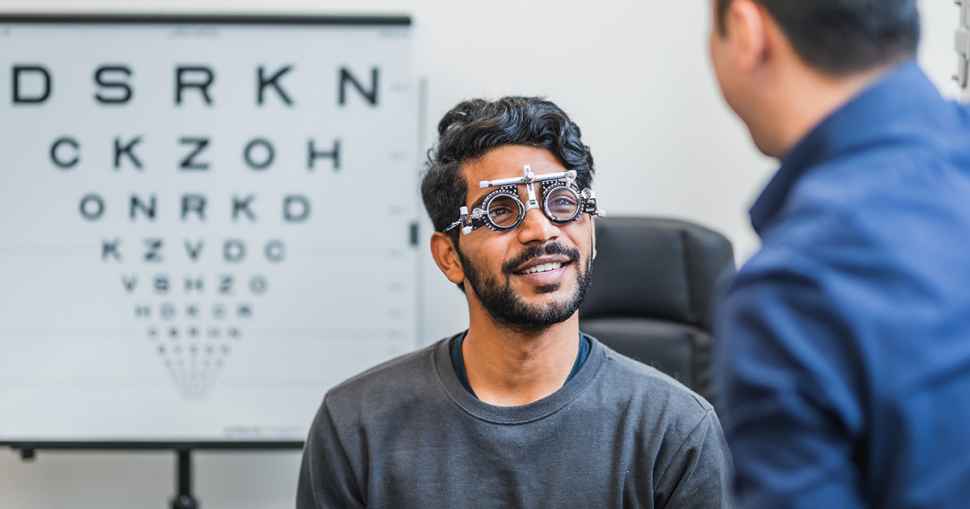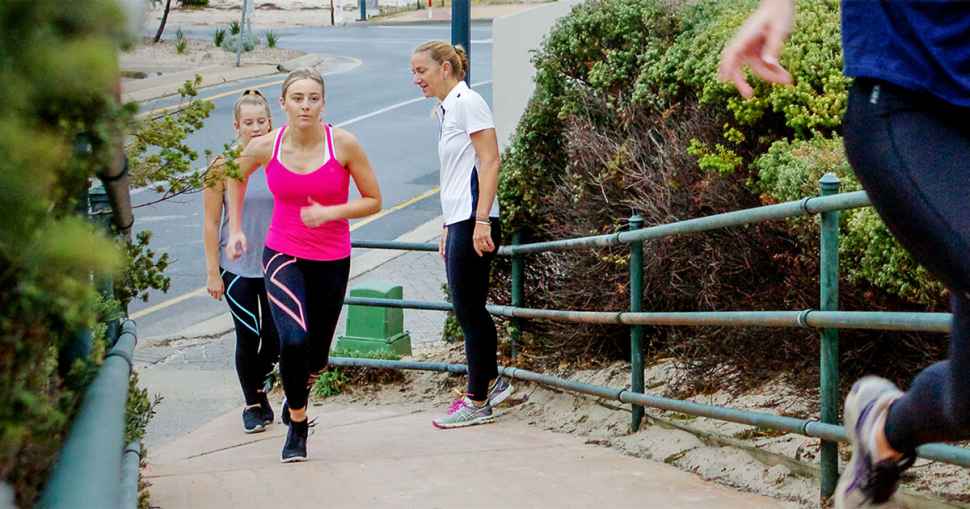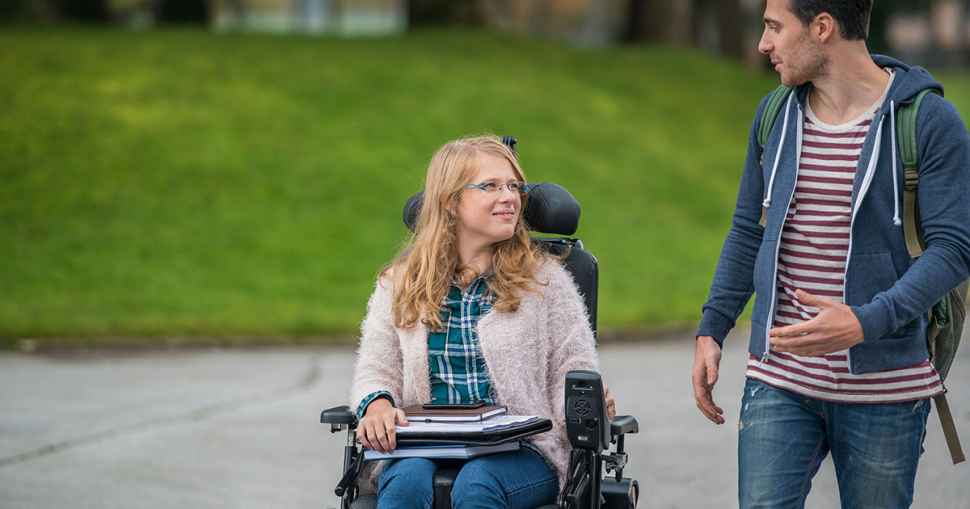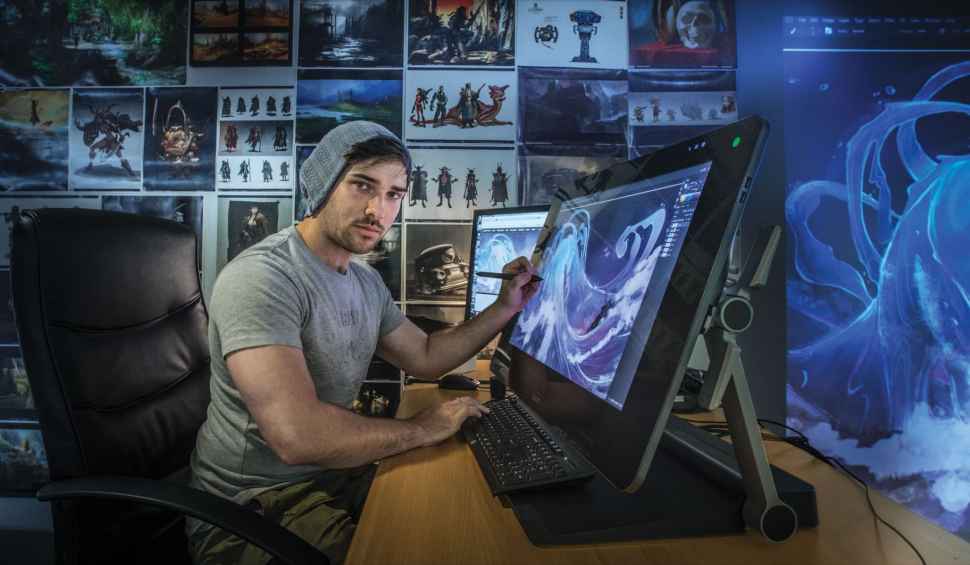Why Flinders?
At Flinders we’re all about you. We’re here to support you through the challenges of University life so you can achieve success with your studies. Here’s our essential guide on study options and various career paths, our unique campus life and everything in between.
Support for your study
We have all been through a lot of change recently, and a lot of university students have successfully made the move from on-campus to online study or are adapting to a blend of both. So even though this year has been unlike anything we have seen before, Flinders is here to support you wherever and however you choose to study.
Career ready
With the future workplace rapidly changing, it’s hard to predict what competencies and skill sets will be in demand. Flinders University will equip you to be future ready and prepare you for your career.
Jobs of the future need future ready employees
Thinking about what career is right for you
Learn moreAdult entry
No matter where you are at in life, there is a pathway to further study available to you. Whether you’re thinking about a career change or returning to study after some time off, Flinders is here to help you transition back into student life.
Is midyear entry for you?
Why you might want to consider opting for midyear entry at Flinders
Learn moreLearn business in partnership with NAB
We have partnered with NAB to give business students real-world learning experiences connected directly to industry.
Learn moreComing to university
Deciding to go to uni is big step, but we're with you every step of the way, with student motivation tips, pathways options and how to manage your life when you make that decision.
Nicola’s path Foundation Studies to Paramedine
A fast-track pathway to a university degree
Learn moreFive time management skills
Tips, tricks and hacks for people who are looking to take their first steps into uni life.
Learn moreWhere there's a WIL, there's a way
How Work Integrated Learning can help you graduate career ready
Learn moreStudy Areas
Deciding on which degree is right for you is a tough choice, and one that takes a lot of time and research. Whether you know exactly what you want to study or need some guidance, we are here to inspire your future career.

Business Analytics vs Data Analytics
When you hear the terms "Business Analytics" and "Data Analytics," they might sound similar, but they serve different purposes, especially when you’re looking at courses we offer here at Flinders University. Which data career matches your ambition?

How a Master's in Accounting can advance your career
Are you ready to upskill and gain knowledge that will set you apart from the rest?

How you can play a pivotal role in driving meaningful change...
Read inspiring stories from our Graduate Certificate in Social Impact students.
Creative careers are kicking goals
Creative industries offer lots of career opportunities.
Learn moreCentre stage with performance and theatre
There’s more to theatre and performance than the people on stage.
Learn moreYou could bring festivals to life
Build a career behind the scenes of our biggest events.
Learn moreFind your way in writing and publishing
Strong communication and writing skills are in demand across a variety of industries.
Learn moreTake your own path
Considering a career in engineering, but not sure you studied enough mathematics or physics in high school?
Learn moreBusiness students embrace new opportunities
Our Finance and Accounting students formed a team to participate in a global research challenge.
Learn moreCan apps advance social justice?
At Flinders, Law students come together with their peers in Computer Science, to create apps that have a real impact.
Learn moreStraight out of uni into a Hollywood blockbuster
Flinders’ graduate Anthony Robinson stepped straight out of uni into Mortal Kombat
Learn moreAssemblage Artist is Residence Program
Applications for the 2021 Artist in Residence Program ‘Transformative and Digital Technologies’ are now open.
Learn moreWhy you should consider Law
Law students share their innovative new app for assistance animals.
Learn moreCouch 44
In partnership with Channel 44, and sponsored by Banks and Brown, Flinders students have created an exciting new television series.
Learn moreHonours in Health Sciences drives passion for care
After more than 16 years as a registered nurse, Krystle Waltrovitz knew she wanted to branch out into the world of research.
Learn moreStudy Abroad

Launching Dreams: JBC's Vienna Internship Program
Not your typical internship – it's a thrilling dive into the heart of international space policy.

NEW Colombo Plan Vietnam Study Tour
Hear from Zoe and how this trip helped her gain a clear direction for her future.

Adelaide to Paris: Internship that changed everything
Discover how this journey transformed Kurt’s professional skills and outlook on life.
![]()
Sturt Rd, Bedford Park
South Australia 5042
South Australia | Northern Territory
Global | Online
CRICOS Provider: 00114A TEQSA Provider ID: PRV12097 TEQSA category: Australian University













